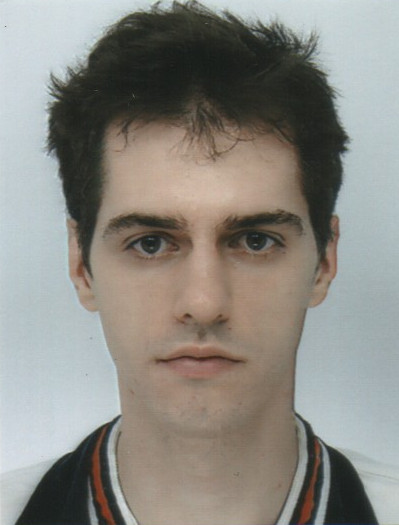These have almost certainly been transferred to nuclear DNA in the course of evolution.
This isn't completely surprising, since when mitochondria die, their DNA is kind of left in the cell, so it is not hard to imagine how genes end up getting uptaken by the nucleus. This is suggested at Power, Sex, Suicide by Nick Lane (2006) page 196.
A limiting factor appears to be that you can't just past those genes in the nucleus, further mutations are necessary for mitochondrial protein import to work, apparenty some kind of tagging with extra amino acids.
However, you likely don't want to remove all genes from the mitochondria because mitochondria have DNA because they need to be controlled individually.
The process that imports proteins encoded in the nuclear DNA and made in the cytosol into the mitochondria.
The term is mentioned e.g. in this article: www.nature.com/articles/nrm2959.
Power, Sex, Suicide by Nick Lane (2006) suggests that proteins are somehow tagged with extra amino acids for this.
Argued at Power, Sex, Suicide by Nick Lane (2006) page 212.
Basically, energy supply has to be modulated rather quickly, because we spend a lot sometimes, and very little other times.
Even not turning it off quickly enough is a problem, as it starts to generate free radicals which fuck you up.
If control came from the nucleus, it has no way to address different mitochondria. But it might be that only one of the mitochondria needs the change. If the nucleus tells all mitochondria to stop producing when only one is full, the others are going to say: "nope, I'm not full, continue producing!" and the one that need to stop will have its signal overriden by the others.
Wikipedia mentions "Since animal mtDNA evolves faster than nuclear genetic markers" with a few sources.
Some sources:
- Power, Sex, Suicide by Nick Lane (2006) page 361 mentions:
so this property is also important for the human mitochondrial molecular clock.
While nuclear DNA can barely distinguish between chimps and humans, the mitochondrial clock ticks fast enough to reveal differences accumulating over tens of thousands of yearss
- www.ncbi.nlm.nih.gov/pmc/articles/PMC3350313 says it for metazoans
- www.quora.com/Why-does-mitochondrial-DNA-mutate-faster
DNA stuff at: human mtDNA.
Articles by others on the same topic
There are currently no matching articles.
